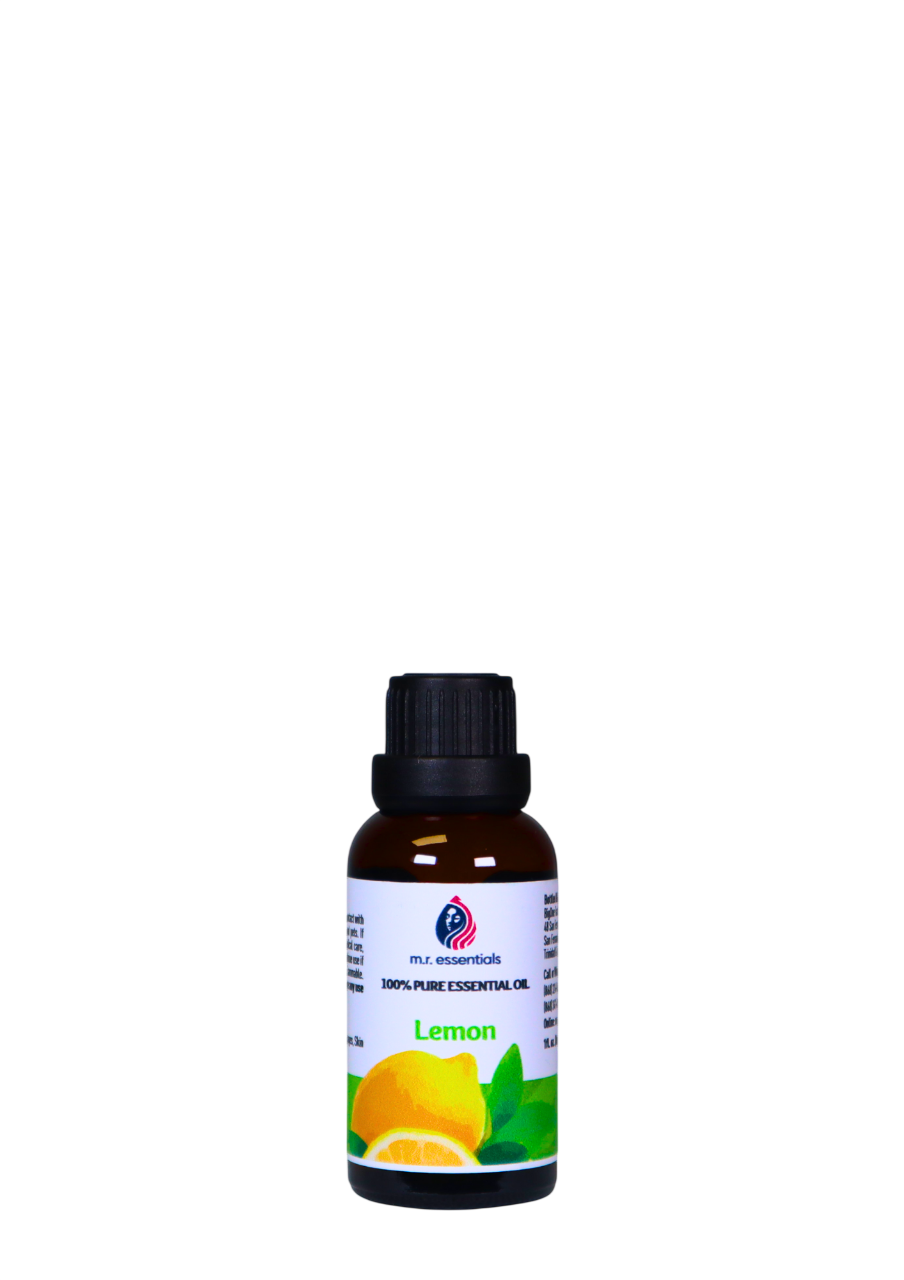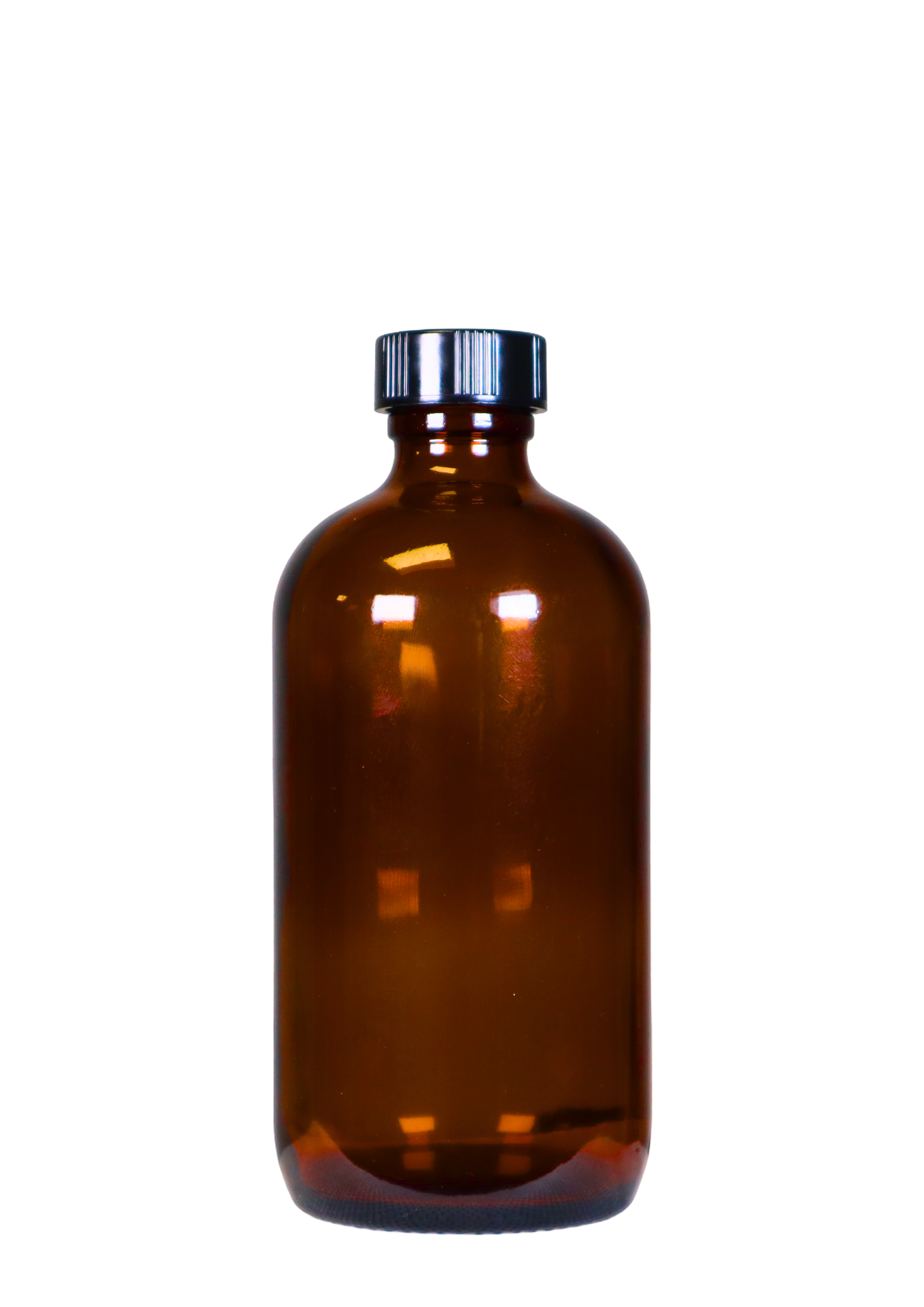MR Essentials
Lemon Essential Oil (Citrus limon)
Lemon Essential Oil (Citrus limon)
Couldn't load pickup availability
*The statements below have not been evaluated by the Food and Drug Administration. This product is not intended to diagnose, treat, cure, or prevent any disease.
Share
Product Details
Product Details
Method of Extraction: Cold Pressed/Expressed.
Plant Part Used: Citrus Rind (Peel).
Color: Pale Yellow to Deep Yellow.
Consistency: Thin
Aromatic Description
Aromatic Description
Perfumery Note: Top.
Strength of Initial Aroma: Strong
Aromatic Description: Smells similar to fresh lemon rinds except that it is more concentrated.
Suggested Uses
Suggested Uses
• Athlete's Foot.
• Chiliblains.
• Colds.
• Corns.
• Dull Skin.
• Flu.
• Oily Skin.
• Spots.
• Varicose Veins.
• Warts.
Source: Julia Lawless, The Encyclopedia of Essential Oils (Updated Edition) (London: Harper Thorsons, 2014), 123-24.
Dilution Guideline
Dilution Guideline
Adults: Usually, a 2-3% dilution is suitable, about 12-18 drops of essential oil per ounce of carrier oil.
Children (5-10), Frail Elderly, Sensitive Skin: A lower dilution of 1% or less (6 drops per ounce).
Facial or Sensitive Areas: Use a 0.5-1% dilution (3-6 drops per ounce).
Acute or Short-Term Use: For resolving a specific issue, a marginally higher dilution can be used for a period of 2-3 weeks as necessary.
Major Constituents
Major Constituents
(+)-Limonene. B-Pinene. Gamma-Terpinene. a-Terpineol. a-Pinene. Geranial.
Source: B.M. Lawrence, Essential Oils 1988-1991 (Wheaton: Allured Publishing, 1993), 61-69. B.M. Lawrence, Essential Oils 1988-1991 (Wheaton: Allured Publishing, 1995), 1-4, 158-162. B.M. Lawrence, Progress in Essential Oils. (Perfumer & Flavorist 21 no. 1, 1996), 41-45. B.M. Lawrence, Progress in Essential Oils. (Perfumer & Flavorist 27 no. 2, 2002), 62-88. Sources cited in Robert Tisserand and Rodney Young, Essential Oil Safety (Second Edition. United Kingdom: Churchill Livingstone Elsevier, 2014), 331-332.
Safety Information
Safety Information
Cold pressed Lemon Essential Oil is phototoxic. Steam distilled Lemon Oil is not phototoxic. Tisserand and Young recommend a dermal maximum of 2.0% for the cold pressed oil to avoid the risk of a phototoxic reaction.
They precaution to avoid topical use of Lemon Oil, regardless of method of distillation, if it has oxidized.
Reading Tisserand and Young's full profile is recommended. [Robert Tisserand and Rodney Young, Essential Oil Safety (Second Edition. United Kingdom: Churchill Livingstone Elsevier, 2014), 87, 330-331.]
Lemon Oil may cause skin irritation or sensitivity in some. [Julia Lawless, The Illustrated Encyclopaedia of Essential Oils (Rockport, MA: Element Books, 1995), 120.]




